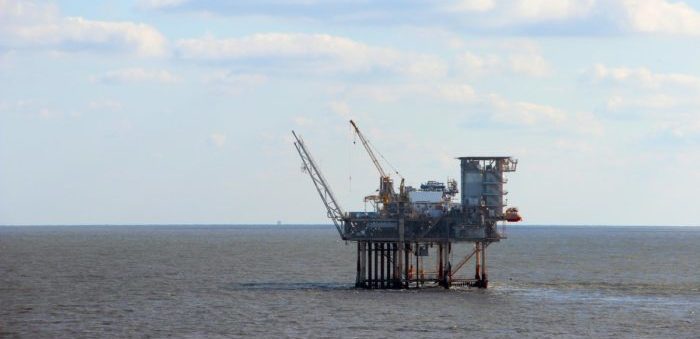A new research by DNV GL, showed that companies’ resilience to volatile market conditions will be put to the test in 2019. This will happen because business leaders expect the industry to commit to greater investment to meet hydrocarbon demand.
Namely, 67% of senior oil and gas professionals believe that larger, capital-intensive oil and gas projects will be approved during 2019, DNV GL reported. What is more, 70% plans to increase or maintain capital expenditure in 2019, with those expecting to increase or maintaining operating expenditure also rising from 41% in 2017 to 65% in 2019.
[smlsubform prepend=”GET THE SAFETY4SEA IN YOUR INBOX!” showname=false emailtxt=”” emailholder=”Enter your email address” showsubmit=true submittxt=”Submit” jsthanks=false thankyou=”Thank you for subscribing to our mailing list”]
Another important factor is the fact that recruitment returned on the agenda after four years of reductions, supported by cost-efficiency measures. 34% of the 791 senior professionals surveyed expect to grow their workforce in 2019, with 39% expecting to increase the use of contractors this year.
DNV GL’s research shows signs that the old spending habits which affected the sector during the pre-2014 period of high oil prices may be returning. In 2019, fewer senior oil and gas professionals (54%) believe that the cost efficiency measures put in place during the downturn are permanent, compared to 2018 (62%). The proportion of companies planning to increase strictness on cost control has also dropped from a high of 72% in 2015 to 44% for 2019.
In addition, DNV GL asked senior oil and gas professionals about the risk of a gradual cost creep in the future. 41% said they had experienced cost inflation from suppliers in 2018, rising beyond half in the Middle East and North Africa, and in Asia Pacific. The downstream sector experiences the most impacts (60%) compared to just 34% in upstream. 40% also expect suppliers to drive cost inflation in 2019.
On the other hand, one-third of respondents are trying to increase their investment in renewable energy in 2019, with 35% saying that their organizations will increase investment in gas-focused projects and portfolios.
Continuing, despite the fact that many expect to grow their workforce in 2019, skills shortages and an ageing workforce are again among the major concerns. The issue comes second as an obstacle to growth, alongside the oil price and the state of the global economy. Competitive pressure is viewed as the greatest challenge.
As for the priorities in the sector, the top three relate to data sharing, integration, and access. In fact, 67% noted their company will prioritize the quality and availability of data in 2019.
Furthermore, 51% of senior industry professionals will attempt to adopt a less carbon-intensive energy mix in 2019. However, DNV GL’s research noted that companies are more likely to adopt a green profile because they are told to, rather than because they want to.
Finally, R&D into the decarbonization of gas transmission and distribution networks through hydrogen is rising. Namely, 28% responded that they expect an important increase in its use in 2019.






























































